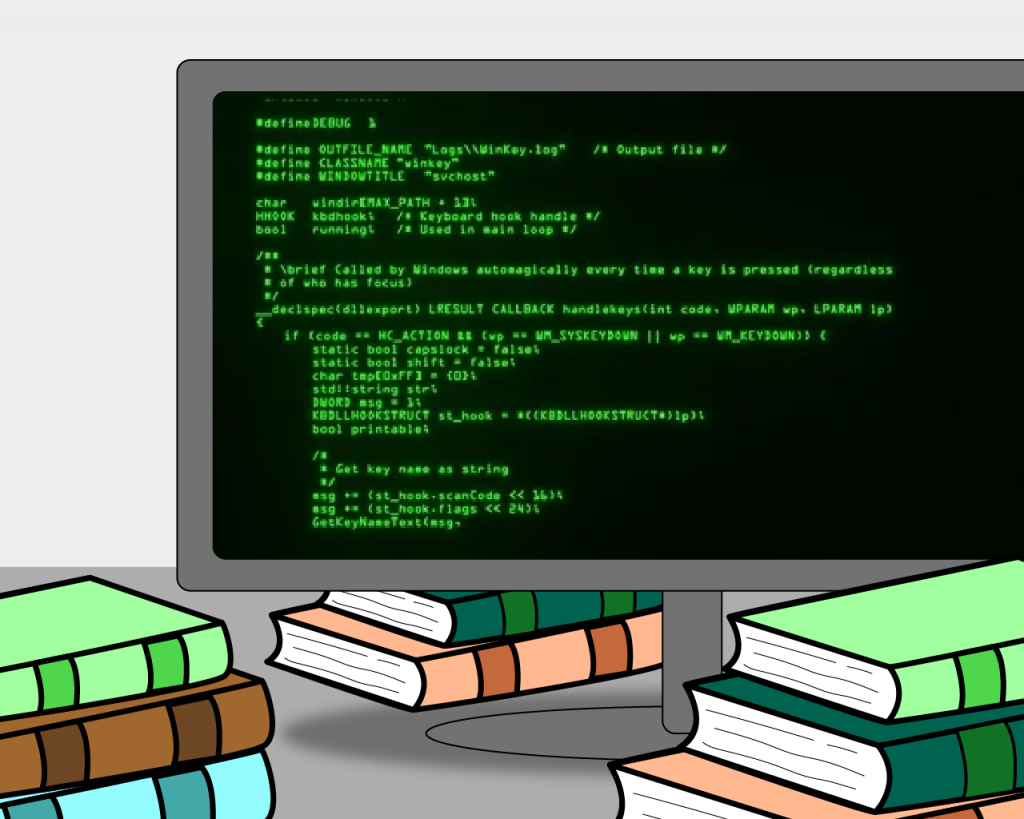Binghamton University’s oldest college has a new minor launching this fall.
Students in the Harpur College of Arts and Sciences will soon have the option to add a digital and data studies minor to their degree. The coursework for the minor will include an introduction to coding class, a data and society course and a capstone project, in addition to elective courses relevant to students’ coursework.
Nancy Um, a member of the faculty advisory committee for the minor, associate dean for faculty inclusion and an art history professor, said the interdisciplinary program is meant to give Harpur College students — regardless of their major — a common baseline of knowledge that they can bring to an increasingly digital world.
“[The goal of the minor] is to provide a coherent path for Harpur College students to begin to understand computer programming as an important contemporary mode of inquiry, for our students to work with data to understand critically what data is and how it works and how people use it and for our students to understand the internet is a complex issue landscape,” Um said.
Sample capstone projects for a variety of majors, including English, geography and graphic design, are available to view on the minor webpage minor webpage. According to Um, students who are interested in the minor should consider taking Harpur College-Wide 150: Coding in Action or Harpur College-Wide 151: Coding in Action II — the introductory coding courses — this fall.
Andreas Pape, another member of the faculty advisory committee for the minor and associate dean of the graduate school, said data skills are useful in every field.
“Say you were an English major where your primary interest is studying literature, but you also want to know how to pull Twitter data and evaluate it,” Pape said. “Instead of every discipline coming up with different ways to include these technical skills, this minor provides one way.”
Teaching Harpur College students hard skills related to coding and data analysis has been an ongoing venture on campus. Crash courses through Harpur Edge give students the opportunity to earn micro-credentials in Excel, Python, communication and search engine optimization and more.
Hard skills like data analysis and computer technology are in demand in the current job market, according to Indeed. Erin Cody, director of Harpur Edge, predicts the new digital and data studies minor will be successful.
“We look at a crash course as an entry point,” Cody said. “Now, with this minor, students can build it into their curriculum — build it into their plan as students. And I’m so thrilled that not only the academic side of the house and Harpur College sees this as a value, but also our alumni see this as a value, our students see it as a value — so yeah, I think it’s going to be a home run.”
A coding crash course on R, a coding language, set for this weekend has a waitlist of about 50 students, according to Cody. She said this demonstrates demand for these subjects from liberal arts students.
“I know that the minor is going to help us serve more of Harpur College with these skills and also connect them, which I think is exciting,” Cody said.
Chloe Vecchio, a sophomore majoring in art history, said the minor will make Harpur College students less intimidated by classes like coding, which are typically geared toward students in technology-oriented majors.
“The pressure of not understanding or not feeling like [arts students] fit into these courses is now eliminated,” Vecchio said. “It’s more welcoming for these students to experiment into new fields that they never probably would have considered.”
Um said the minor’s curriculum was designed to be compatible with any major, and that the program will allow Harpur College students to pursue the studies they find most interesting.
“[Liberal arts students] don’t have to go into these majors that they are under the impression are ‘more career-driven,’” Um said. “This is going to be an added value to some of the majors that we already offer.”
Students like Harrisen Ip, an undeclared freshman, feel the minor will inspire students to take their majors in different directions.
“I think one of the biggest benefits from this minor is how widely it can be used,” Ip wrote in an email. “Taking this [minor] might allow a student to see opportunities outside of their major, as well as open up pathways to an entirely new profession.”



